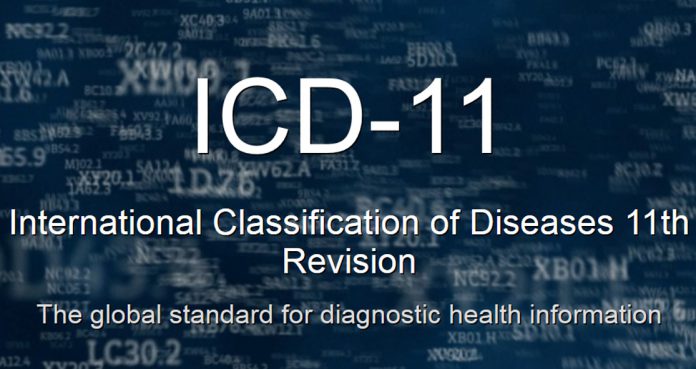The World Health Organization (WHO) describes transgender people as “gender incongruence” and now that term has been moved from the mental disorder chapter to the sexual health chapter in its latest (eleventh) version of International Classification of Diseases (ICD).
Last year, the United Nations health agency said, “The new classification is expected to improve social acceptance among transgender people while still making important health resources available.”
The World Health Assembly in Geneva, Switzerland adopted the 11th revision of the ICD on Saturday. ICD-11 will go into effect from January 1, 2022.
Last June, the team coordinator of WHO’s Adolescents and At-Risk Populations Dr. Lale Say said, “The phrase was taken out from the mental health disorders because we had a better understanding that this wasn’t actually a mental health condition, and leaving it there was causing stigma. So, in order to reduce the stigma while also ensuring access to necessary health interventions, this was placed in a different chapter.”
Last year, then-executive director of Transgender Europe Julia Ehrt, said, “This is the result of tremendous effort by trans and gender diverse activists from around the world to insist on our humanity, and I am elated that the WHO agrees that gender identity is not a mental illness.”
Last week, the International Lesbian, Gay, Bisexual, Trans and Intersex Association said in a statement, “Until a few years ago, removing pathologizing categories affecting trans and gender diverse people from the ICD-10 list of mental disorders seemed impossible. Today, we know that full depathologization can be achieved and will be achieved in our lifetime.” Ehrt is now the association’s program director.
Dr. Say said, “The WHO does not expect the ICD change to affect transgender people’s need for health care, but by reducing social stigmas, more people might be encouraged to seek treatment.”
According to the WHO’s new description of gender incongruence, “Gender variant behavior and preferences alone are not a basis for diagnosing someone’s mental health.” This is not the first time the WHO has decreed a classification related to sexual health. In 1990, the agency said, “Sexual orientation alone is not to be regarded as a disorder.”























